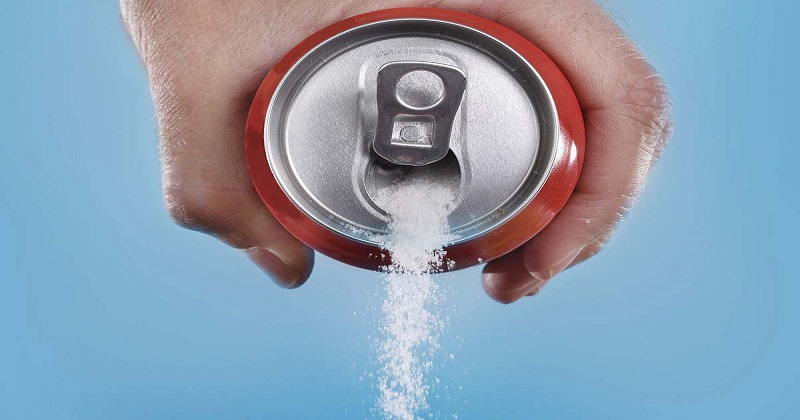
Being overweight or obese can lead to a range of health problems. Although many different “fad” diets are available, a balanced lifestyle and nutritious diet are the key to healthful living and better weight control. Carrying excess body weight can increase the risk of serious health problems, including heart disease, hypertension, and type 2 diabetes.

Healthy snacking is important for your weight loss and fitness goals. Read here to know a few healthy snacks that can be ideal for weight watchers. Healthy snacking can prevent cravings and overeating
To snack healthy is an important part of losing weight. Healthy snacking can help in preventing overeating or binge eating. Eating nutritious and filling snacks can also be effective in providing you with sufficient protein, carbs, fat and fibre.
Here are some points to be noted for your weight loss program:
- Eat varied, colourful, nutritionally dense foods:

Healthful meals and snacks should form the foundation of the human diet. A simple way to create a meal plan is to make sure that each meal consists of 50 percent fruit and vegetables, 25 percent whole grains, and 25 percent protein. Total fiber intake should be 25-30 grams daily.
The following foods are healthful and often rich in nutrients: - fresh fruits and vegetables
- fish
- legumes
- nuts
- seeds
- whole grains, such as brown rice and oatmeal
- Foods to avoid eating include:

- foods with added oils, butter, and sugar
- fatty red or processed meats
- baked goods
- bagels
- white bread
- processed foods
In some cases, removing certain foods from the diet might cause a person to become deficient in some necessary vitamins and minerals. A nutritionist, dietitian, or another healthcare professional can advise a person how to get enough nutrients while they are following a weight loss program. - Engage in regular physical activity and exercise:

Regular exercise is vital for both physical and mental health. Increasing the frequency of physical activity in a disciplined and purposeful way is often crucial for successful weight loss. One hour of moderate-intensity activity per day, such as brisk walking, is ideal. If one hour per day is not possible, a person should aim for a minimum of 150 minutes every week.
People who are not usually physically active should slowly increase the amount of exercise that they do and gradually increase its intensity. This approach is the most sustainable way to ensure that regular exercise becomes a part of their lifestyle. If the thought of a full workout seems intimidating to someone who is new to exercise, they can begin by doing the following activities to increase their exercise levels: - taking the stairs
- raking leaves
- walking a dog
- gardening
- dancing
- playing outdoor games
- parking farther away from a building entrance
- Eliminate liquid calories:

It is possible to consume hundreds of calories a day by drinking sugar-sweetened soda, tea, juice, or alcohol. These are known as “empty calories” because they provide extra energy content without offering any nutritional benefits. Unless a person is consuming a smoothie to replace a meal, they should aim to stick to water or unsweetened tea and coffee. Adding a splash of fresh lemon or orange to water can provide flavor.
- Plan ahead:

Stocking a kitchen with diet-friendly foods and creating structured meal plans will result in more significant weight loss. People looking to lose weight or keep it off should clear their kitchen of processed or junk foods and ensure that they have the ingredients on hand to make simple, healthful meals. Doing this can prevent quick, unplanned, and careless eating.
- Eat mindfully:

Many people benefit from mindful eating, which involves being fully aware of why, how, when, where, and what they eat. Making more healthful food choices is a direct outcome of becoming more in tune with the body. People who practice mindful eating also try to eat more slowly and savor their food, concentrating on the taste. Making a meal last for 20 minutes allows the body to register all of the signals for satiety.
- Stay positive:

Weight loss is a gradual process, and a person may feel discouraged if the pounds do not drop off at quite the rate that they had anticipated. Some days will be harder than others when sticking to a weight loss or maintenance program. A successful weight-loss program requires the individual to persevere and not give up when self-change seems too difficult.
Some people might need to reset their goals, potentially by adjusting the total number of calories they are aiming to eat or changing their exercise patterns. The important thing is to keep a positive outlook and be persistent in working toward overcoming the barriers to successful weight loss.

Post Your Comments